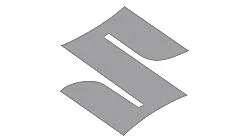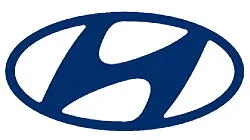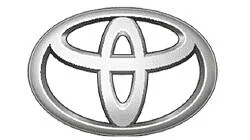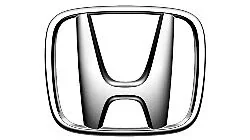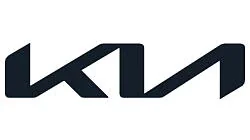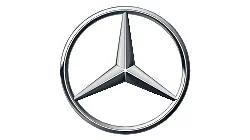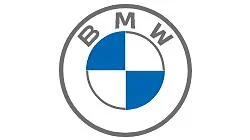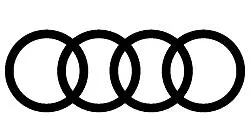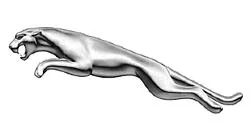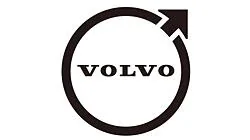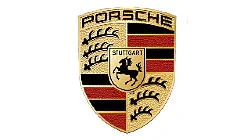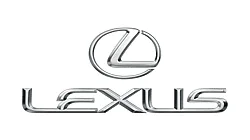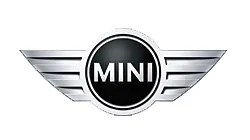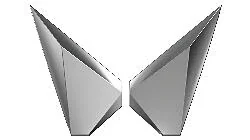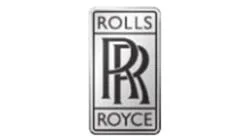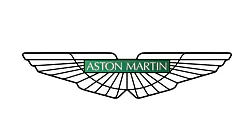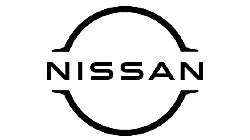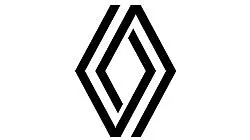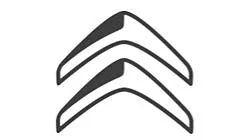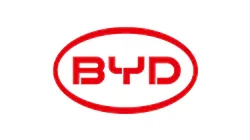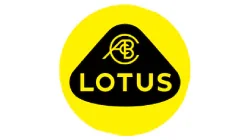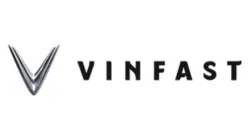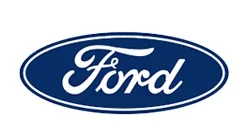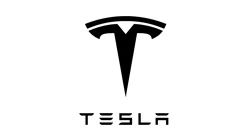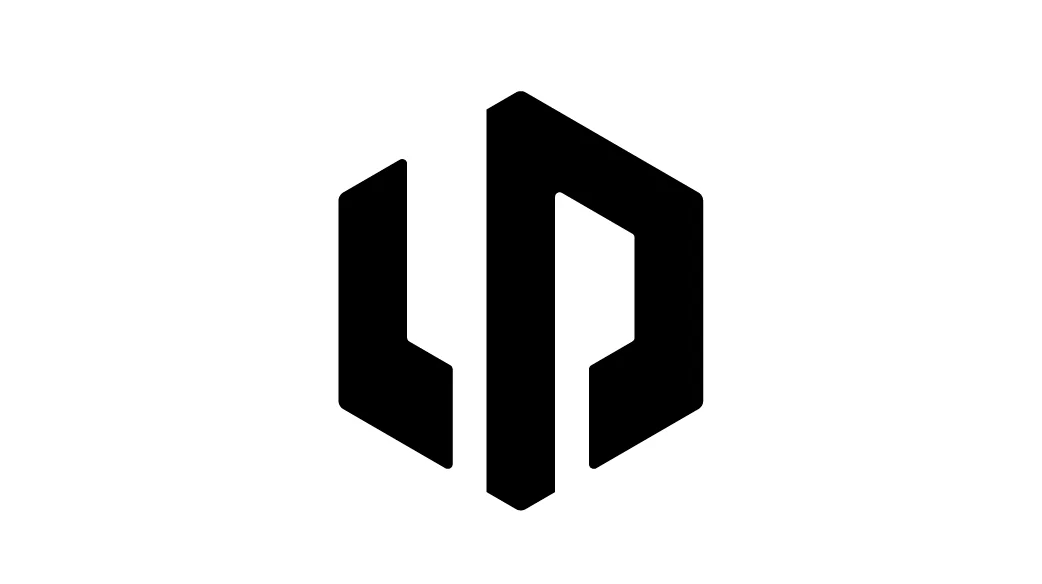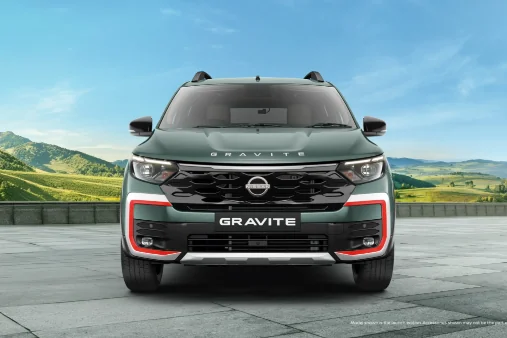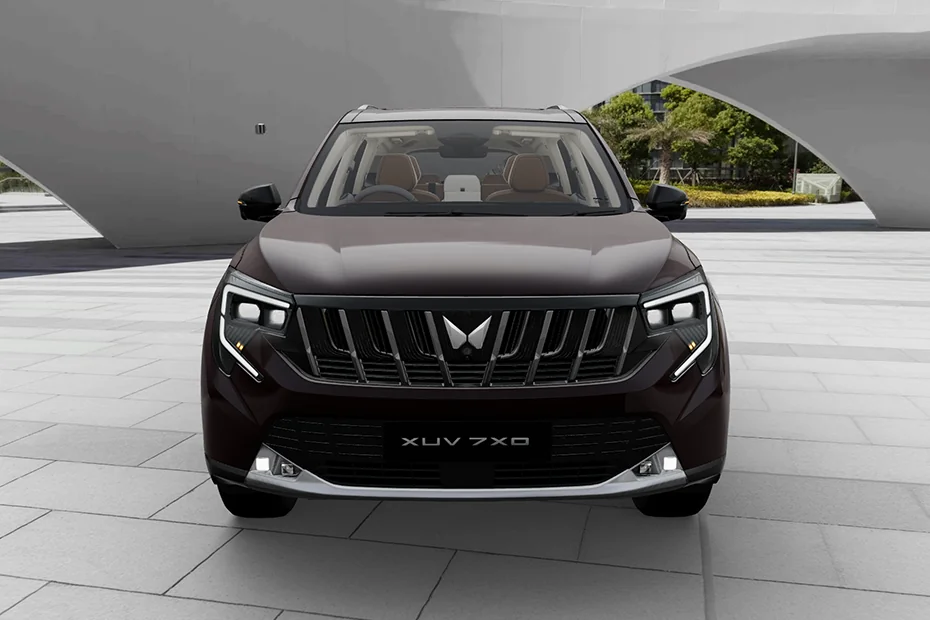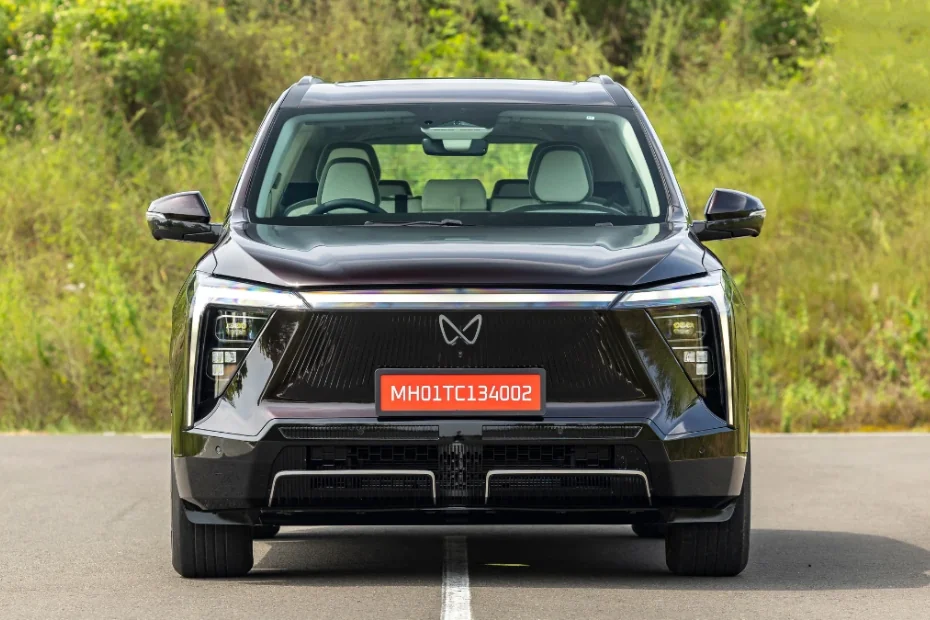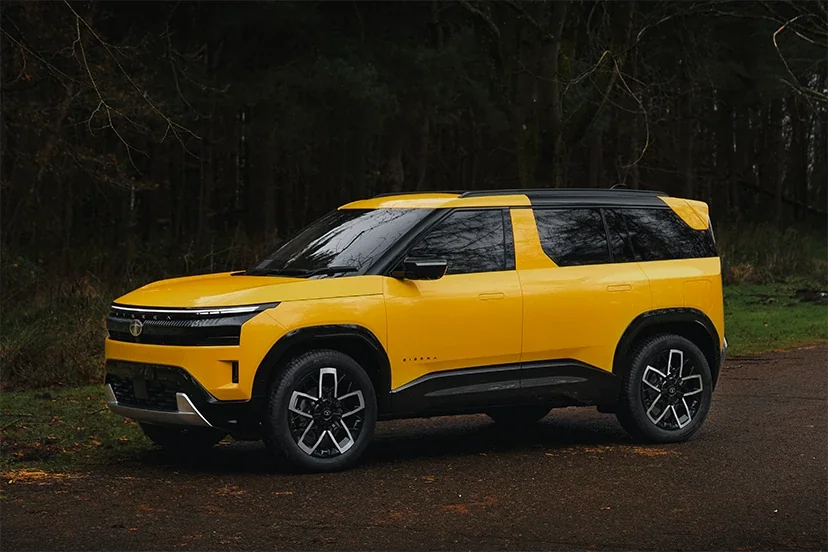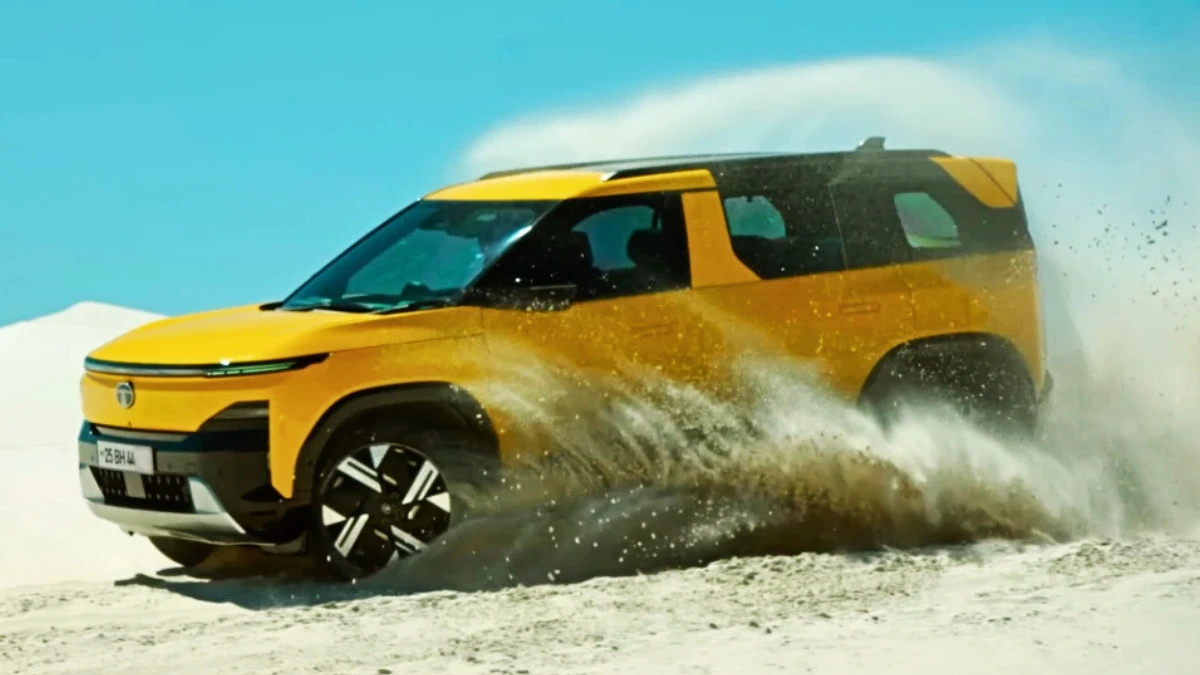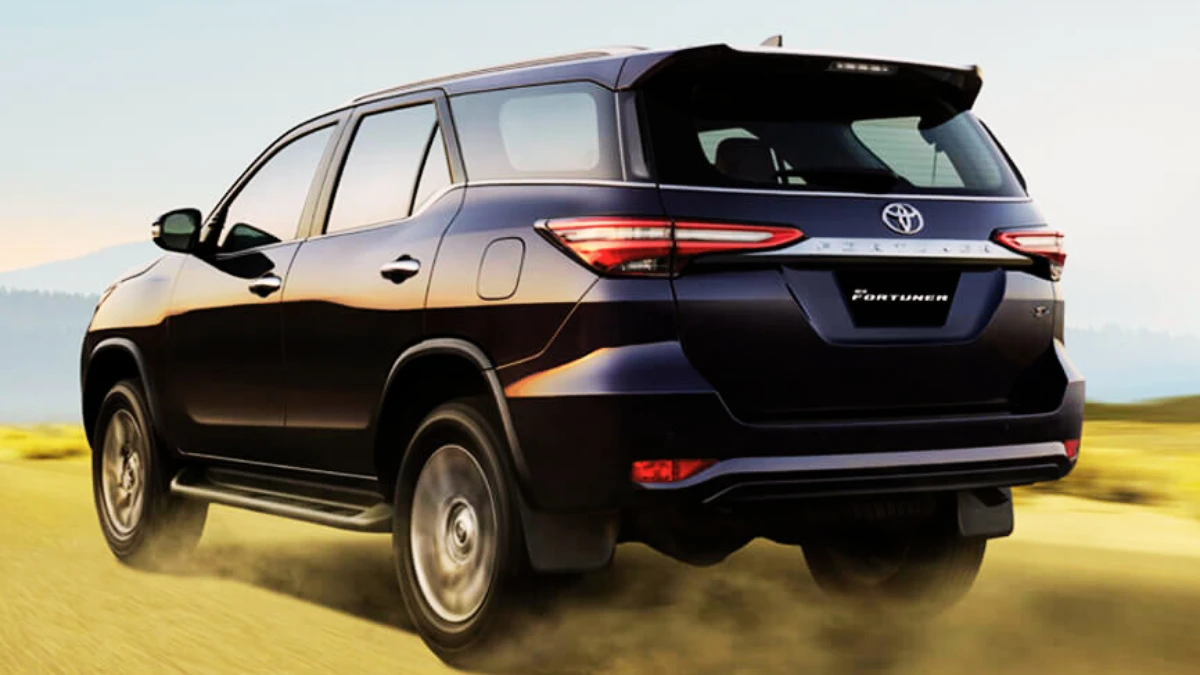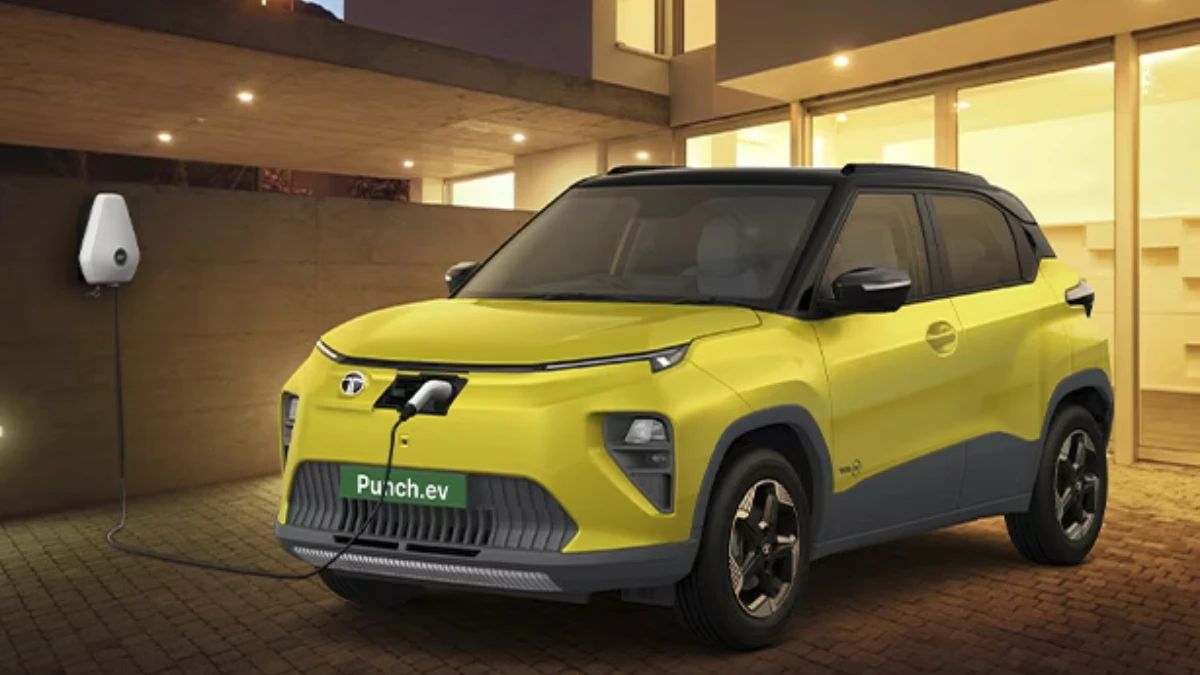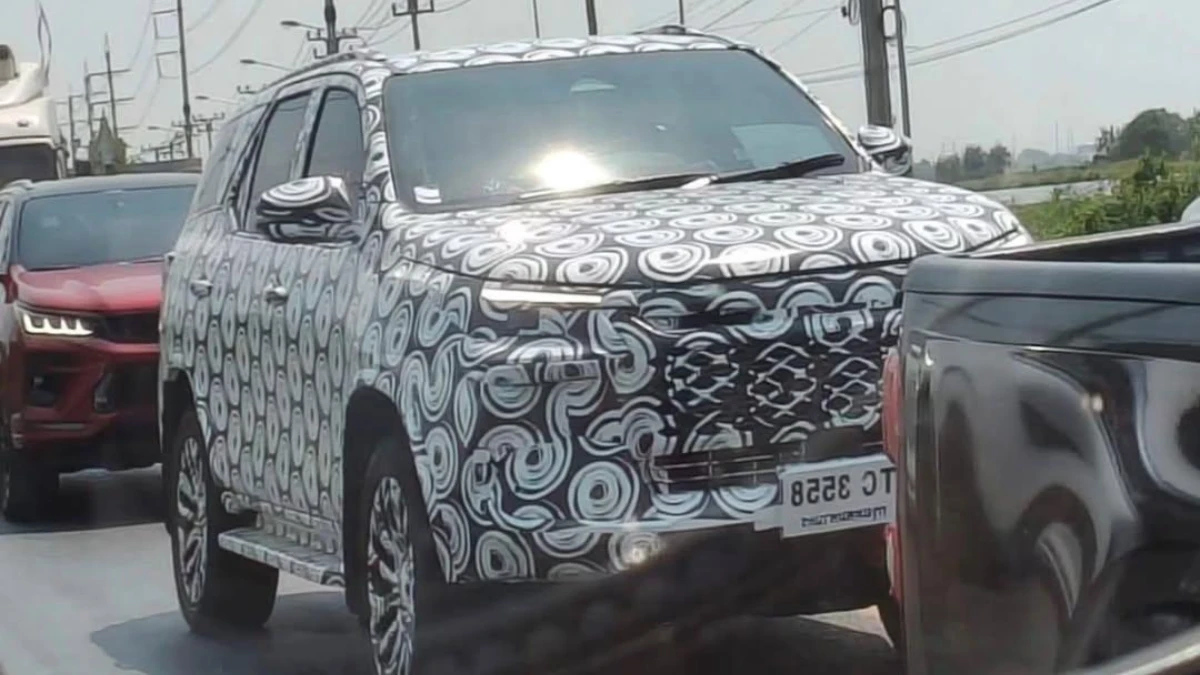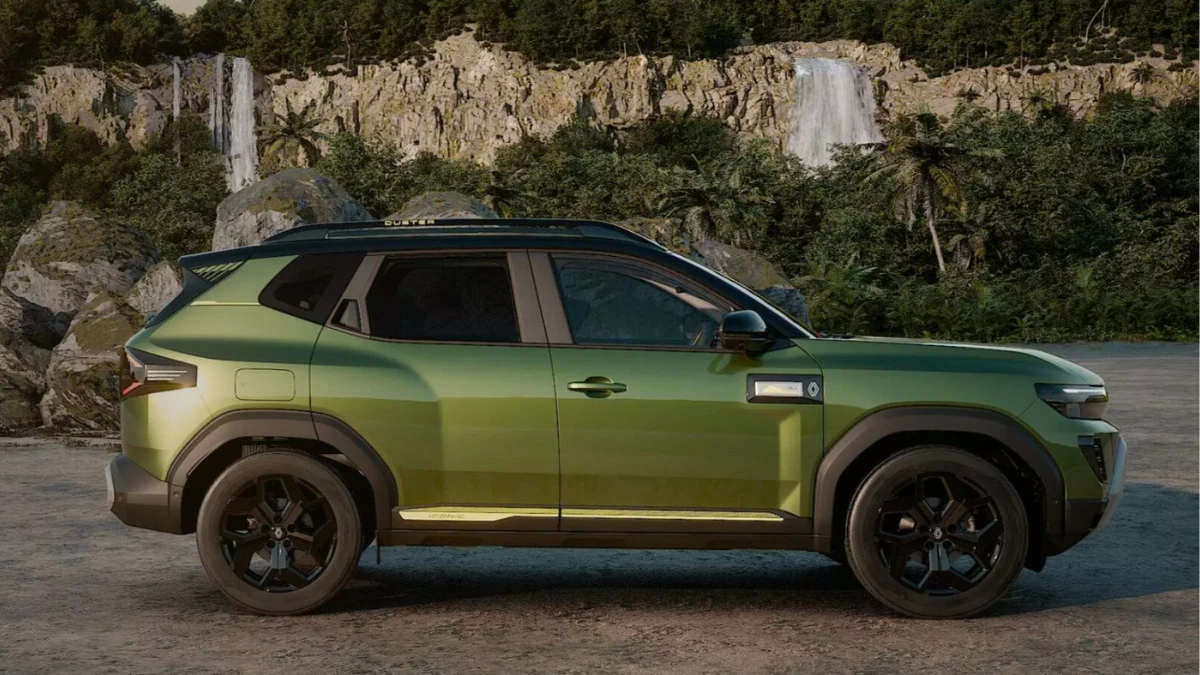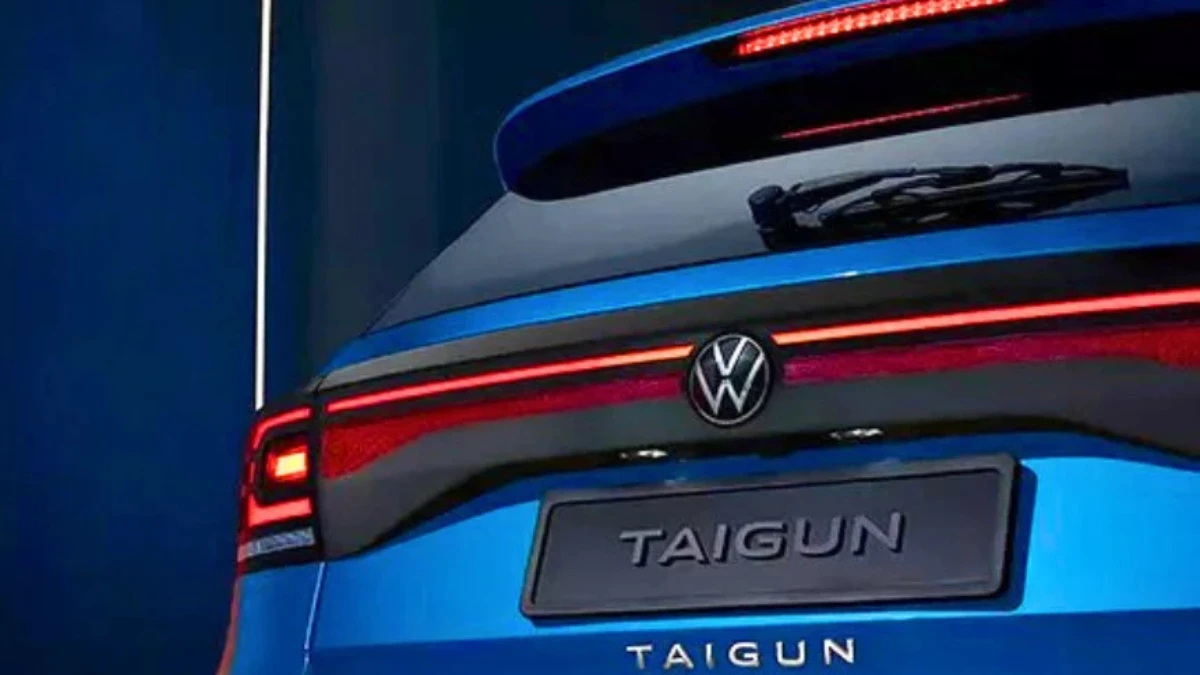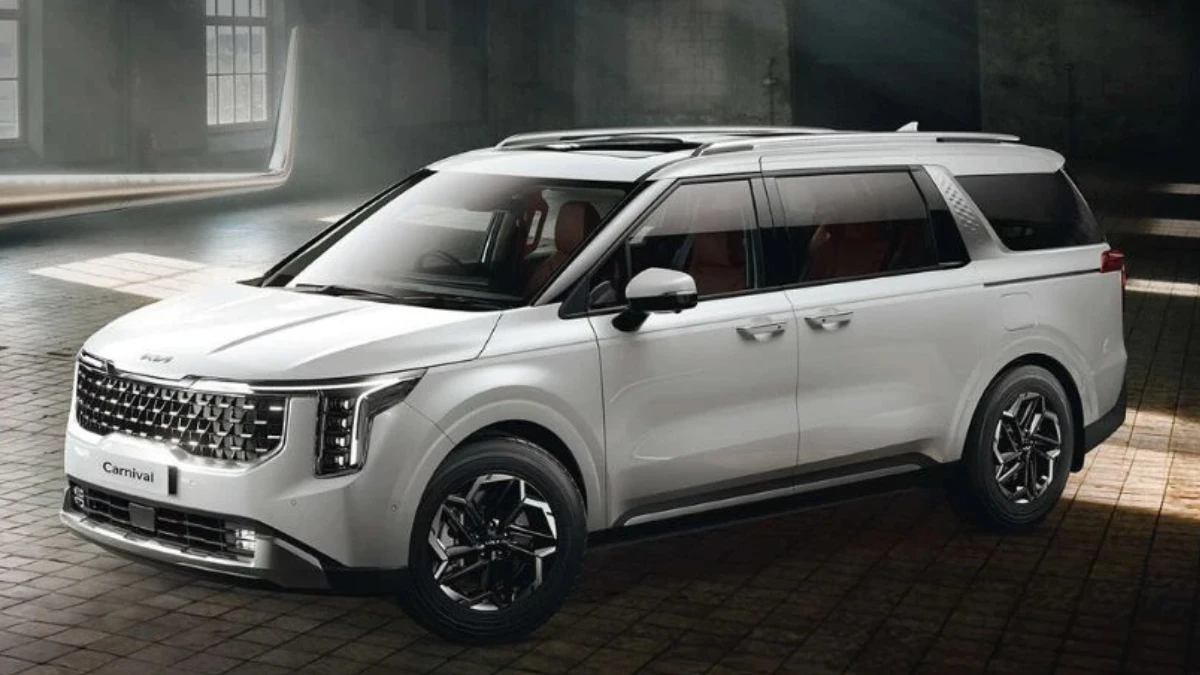
BYD (Built Your Dreams) recently expanded its Indian product portfolio with the Sealion 7 electric SUV. It’s the fourth EV from the Chinese automaker that goes head-to-head against the BMW iX1 LWB. The OEM also has BYD Seal electric sedan in its lineup, catering to a different segment. Both of these EVs share the brand’s performance DNA and advanced features. In this comparison, we analyze their key differences in terms of design, features, performance and value-for-money proposition.
BYD Sealion 7 Vs Seal – Prices
Sealion 7 Prices Seal Prices
Premium – Rs 48.2 lakh Dynamic – Rs 41 lakh
Performance – 54.9 lakh Premium – Rs 45.55 lakh
Performance – Rs 53 lakh
The Sealion 7 is being offered in two variants – Premium and Performance – featuring an 82.56kWh battery pack. While the entry-level variant is priced at Rs 48.9 lakh, the top-end Performance trim costs Rs 54.9 lakh.
BYD Seal comes in three variants – Dynamic, Premium and Performance – available at Rs 41 lakh, Rs 45.55 lakh and Rs 53 lakh. The base variant is equipped with a 61.44kWh battery, the Premium and Performance variants use an 82.56kWh battery pack.
BYD’s new Sealion 7 commands premium pricing for its SUV-ish attributes and cabin space, while the Seal is a budget-friendly option.
BYD Sealion 7 Vs Seal – Battery, Range
Both variants of the Sealion 7 electric SUV feature the same 82.56kwh LFP battery pack. While the Premium variant delivers a maximum power of 313 bhp and 380 Nm of torque via rear wheels, the Performance trim returns a claimed power of 530 bhp with 690 Nm of torque via all-wheel drive. The latter accelerates 0 to 100 kmph in just 4.5 seconds. The WLTP-claimed range of the Premium and Performance variants stand at 482km and 456km, respectively.
The Seal is available with two battery options – 61.44kWh (Dynamic) and 82.56kWh (Premium and Performance). The smaller battery pack comes with a single motor setup and offers a maximum power of 204 bhp and 310 Nm of torque. Its NEDC claimed a range of 510km.
The larger battery version is offered with RWD, single motor and AWD dual-motor configurations, delivering power worth 312 bhp with 360 Nm and 530bhp with 670Nm, respectively. The RWD version returns a claimed range of 650km, while the AWD variant offers 580km. BYD claims that the Seal in its higher-spec form does 0 to 100 kmph in 3.8 seconds.
BYD Sealion 7 Vs Seal – Charging Time
The Sealion 7 supports both AC and DC fast charging. Using a 7kW wall box charger, it can be fully charged in nearly 8 to 9 hours. The EV takes around 45 minutes to charge from 0 to 80 percent by using a fast charger of up to 150kW.
The Seal EV, on the other hand, can be juiced up from 10 to 80 percent in 37 minutes at speeds of up to 150kW. With a regular 11kW AC charger, it takes 8.6 hours to get fully charge.
BYD Sealion 7 Vs Seal – Features
The BYD Sealion 7’s cabin shares resemblance with the Seal including the steering wheel and dashboard design. The EV offers a cargo area of 520 litres, which can be expanded up to 1,789 litres with the rear seats folded down. Additionally, there is a 58-litre of frunk. The SUV’s ADAS suite offers features such as intelligent cruise control, forward collision warning, automatic emergency braking, etc. Some of its key features are listed below:
- 15.6-inch rotating touchscreen infotainment
- Ventilated front seats
- Connected car tech
- Electrically adjustable driver’s seat with memory function
- Floating digital instrument cluster
- Panoramic glass roof with a sunshade
- 50W wireless phone charger
- Heads-up-display
- Powered tailgate
- Vehicle-to-load (V2L) function
- 58-litres frunk
- 11 airbags
- 360-degree camera
- ADAS features
BYD Seal has a premium cabin to offer. Similar to the Atto 3, the electric sedan has textured surfaces and flowing lines. The centre console has a few physical controls and a crystal toggle drive selector. The Seal has received 5-star safety rating from Euro NCAP. Here are some of its key features:
- 15.6-inch rotating infotainment
- 10.25-inch digital instrument cluster
- Heads-up display
- Two wireless charging pads
- Rear seat with 60:40 split-folding function
- Powered tailgate
- 50-litre frunk
- 8-way electronically adjustable driver’s seat with memory, heated and cooled front seats
- Wireless Apple CarPlay and Android Auto
- Leatherette upholstery
- Dual-zone AC
- 10 airbags
- ABS with hill hold
- Automatic wipers
- 360-degree camera
- ADAS tech
Also Read: 2025 Volvo XC90 Facelift India Launch Date Announced
About Author
Chhavi Kaushik is a seasoned content writer with over a decade of experience, beginning her career in 2010. Her fascination with automobiles led her to the industry in 2014. As a freelancer, She has contributed to some of the most reputed online automotive publications, consistently delivering fresh updates on the latest automotive events, product launches, car reviews, and critical industry insights.
Top Car Brands in India
Top Car Brands in India
Trending Car News in India
Trending Cars in India
Trusted Dealer
All Over India
Irresistible Offers
Stay Updated, Pay Less
Compare Cars
Choose the Right Car
Easy Finance
Multiple Finance Options

Monday - Saturday
10:00am - 6:30pm
+91 7947722777, +91 7479000444, +91 9311718549
contact@carlelo.com







